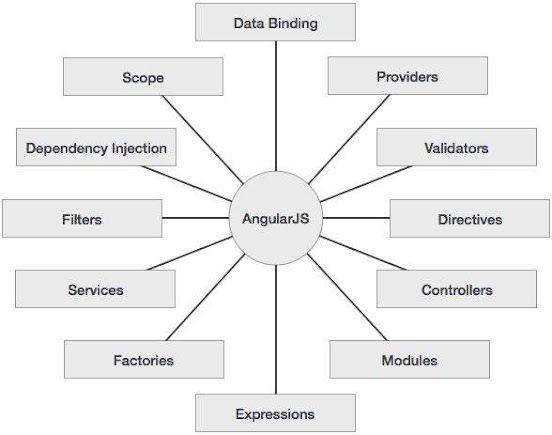Overview of Cloud Computing.
An introduction to cloud computing We bring a profound jump into the universe of cloud computing, the various sorts of administrations it gives, and its applications in the world. The digital industry changes practically every day. Innovation is developing and changing, and keeping on top of the multitude of new turns of events and creations can be precarious. And while cloud computing isn't really another turn of events, just lately organizations have begun to go to it. The effect that cloud computing has had on the information business and end clients, as a rule, is hard to exaggerate. Numerous parts of day-to-day existence have been changed and changed by this imaginative advanced arrangement. From new companies to laid out organizations, cloud computing has improved expenses and increment contributions. This is on the grounds that they never again require additional hardware and software. However, for the majority, the universe of cloud computing stays oblique and confusing. W...
